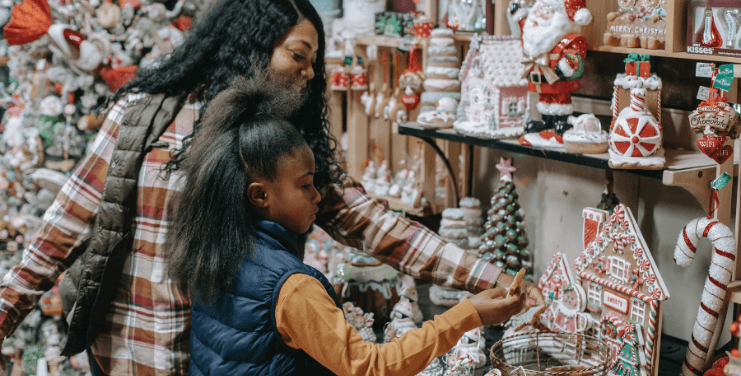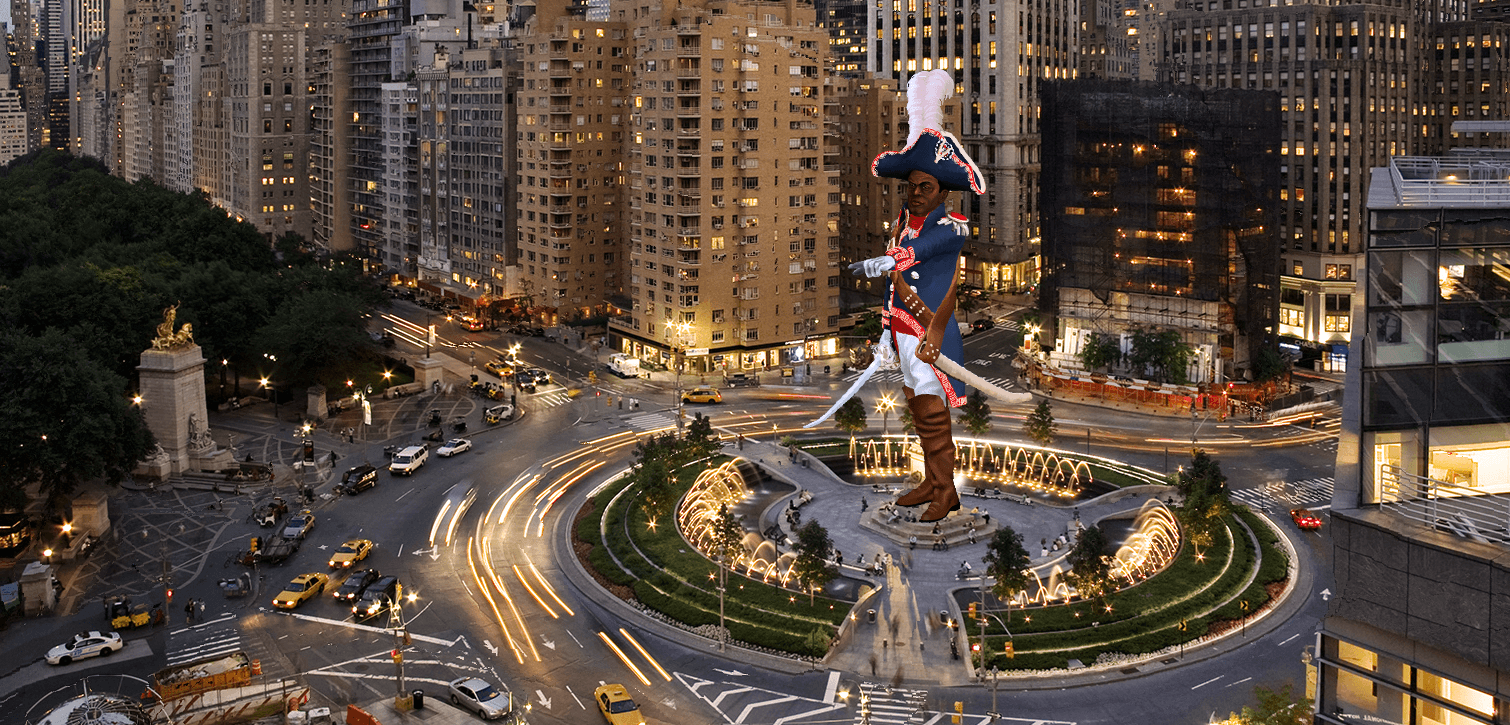Key insights:
- The average number of Black-owned companies has grown, but their average revenues have declined.
- Black-owned businesses anticipate making at least half of their annual revenue in the last three months of the year.
Retailers across the U.S. relish the holiday shopping season as an opportunity to get “back in the Black” – if they can get there at all. Black-led brands were created and simultaneously closed at alarming rates this year. Over time the average number of Black-owned companies has grown, but the average Black-owned company’s revenue has declined.
So what is Black Friday to a Black-owned business?
For Black direct-to-consumer brands, even Black Friday might not move the needle to undue being chronically under-capitalized and resource-strapped, but a concerted effort to support Black brands this holiday and beyond will be top of mind —for me at least— and apparently for a few big tech brands too.
Paradoxically, consumer confidence has edged higher amid increasing inflation. After taking a steep crash last year, the consumer confidence index is leveling up, signaling that U.S. households’ confidence in their financial outlook is trending upwards, along with potential spending and inflation caused in part by an ongoing supply chain snafu.
An early pandemic urge to over-buy or hoard may cause a temporary uptick in retail sales, akin to previous Black Friday, but it is the rebound to business as usual that is concerning. May Black-led businesses and retailers find success in renewed consumer confidence this holiday season.
Further reading on Black retail, D2C:
- How Tech Is Incentivizing Shopping at Local Black-Owned Businesses
- Amazon Launches $150 Million Program to Grow Black Sellers on Platform
- The Metaverse Is How We Bring Back Black Wall Street
- The Black Marketplace Boom: Ecommerce Companies Are Leveraging The Digital Economy








